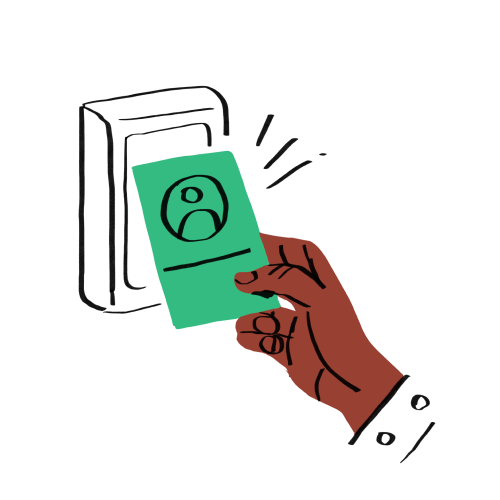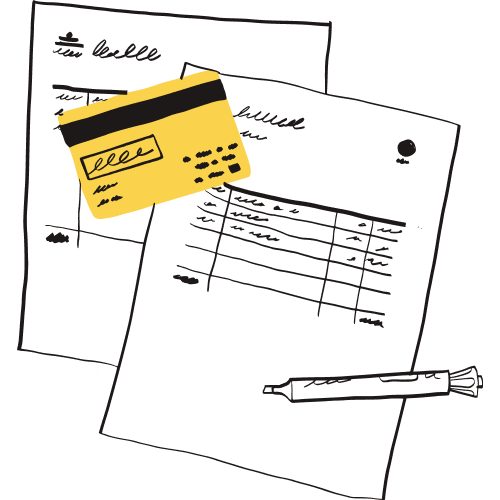
When would you use a North Carolina power of attorney?
A North Carolina power of attorney form offers multiple essential benefits. A POA guarantees that a trusted individual will manage your financial and legal affairs according to your wishes, even in situations of incapacity, thereby creating peace of mind.

Common types of a North Carolina power of attorney
Different types of POA documents are available in North Carolina to cater to specific needs and agent’s powers. These include:
This bestows your agent with general authority to act on your behalf in diverse matters.

This form grants specific powers to your agent for a distinct purpose or timeframe.

This remains valid even during periods of your incapacitation.

This empowers your agent to make health care decisions on your behalf when you can't communicate with healthcare providers.

This authorizes your agent to manage your financial affairs and make monetary decisions, including handling real estate transactions and personal property.

What laws relate to a North Carolina power of attorney?
The North Carolina Uniform Power of Attorney Act and the North Carolina General Statutes govern POA matters within the state. These statutes state the requirements for establishing a valid POA, the fiduciary duties and responsibilities of agents, and the legal framework for revoking or ending a POA.

When is a North Carolina power of attorney terminated?
A North Carolina POA can end in many circumstances like:
- Revocation: Send written notice to agent to rescind authority.
- Expiration: Automatically ends on specified date.
- Death: Ceases upon your passing.
- Court order: Terminated if no longer in your best interest or evidence of misuse or misconduct.

Frequently asked questions
Creating a North Carolina power of attorney involves specific legal requirements. It's advisable to consult with a law firm specializing in estate planning or elder law to ensure compliance and create a document that accurately reflects your intentions.
Yes, you can create several POA documents to address different aspects of your life, like health care decisions and finance.
Yes, you can update your power of attorney by creating a new document that revokes the previous one. We recommend you consult an attorney to ensure compliance with legal requirements.
A power of attorney remains valid until it's revoked, expires according to its terms, or is terminated by law.
Yes, you can revoke a power of attorney at any time by providing written notice to your agent.
Disclaimer: This information is intended for general informational purposes only. It is meant to help you understand the legal framework used for this form. This is not intended to be legal advice and should not be a substitute for professional legal advice. Consult a licensed attorney for legal advice or representation.
Looking for other North Carolina documents?
Formswift is not a law firm and does not provide legal advice or representation. Formswift's documents are not a substitute for the advice of an attorney. Communications between you and Formswift are governed by the Formswift Privacy Policy but are not protected by the attorney-client privilege or as work product. Formswift does not provide advice, opinions, or recommendations about individual's legal rights, options, strategies, or the selection of forms. Your use of the Formswift website and forms is governed by the Formswift Terms of Service.
